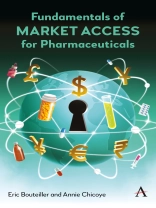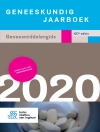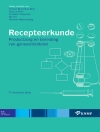”Because at the heart of the apparent conflict between public health concerns and capitalistic interests, market access for pharmaceuticals is largely driven by political considerations, the difference with usual consumer goods being that pharmaceuticals are saving lives or years of life in good health”.
If pharmaceutical companies are to innovate, they must be incentivised with prices that reflect the value of their products, and the resources and risks involved in their production. To ensure appropriate access to new drugs and treatments for patients in need around the world, affordability is key. How do we tackle this dilemma?
This question is critical for all stakeholders. The development of universal health coverage puts pressure on governments to directly or indirectly control reimbursement and prices of pharmaceuticals, whereas the flow of innovations addressing infectious, chronic, and life-threatening diseases is growing constantly. This book summarizes various global approaches to solving this dilemma and explores new trends. Thanks to the ‘toolbox’ proposed by the authors, not only students but also executives from companies, payers, regulators and patients’ organizations can benefit from the supporting concepts and methods that favour greater access to pharmaceuticals.
Table of Content
Foreword; Acknowledgements; Introduction; 1. Definitions and Drivers; 2. Healthcare and Its Funding; 3. Different Processes for Market Access; 4. Assessing Value of Pharmaceuticals; 5. Pricing Pharmaceuticals; 6. The Stakeholders; 7. The Changing Game; List of Acronyms; List of Figures; Bibliography
About the author
Eric Bouteiller is Adjunct Professor at China Europe International Business School (CEIBS) with a focus on pharmaceutical and health care industries. Annie Chicoye is Health Economist, teaching at Sciences Po Paris, School of Public Affairs, on health product industries and at CEIBS in Shanghai with Professor Bouteiller.












